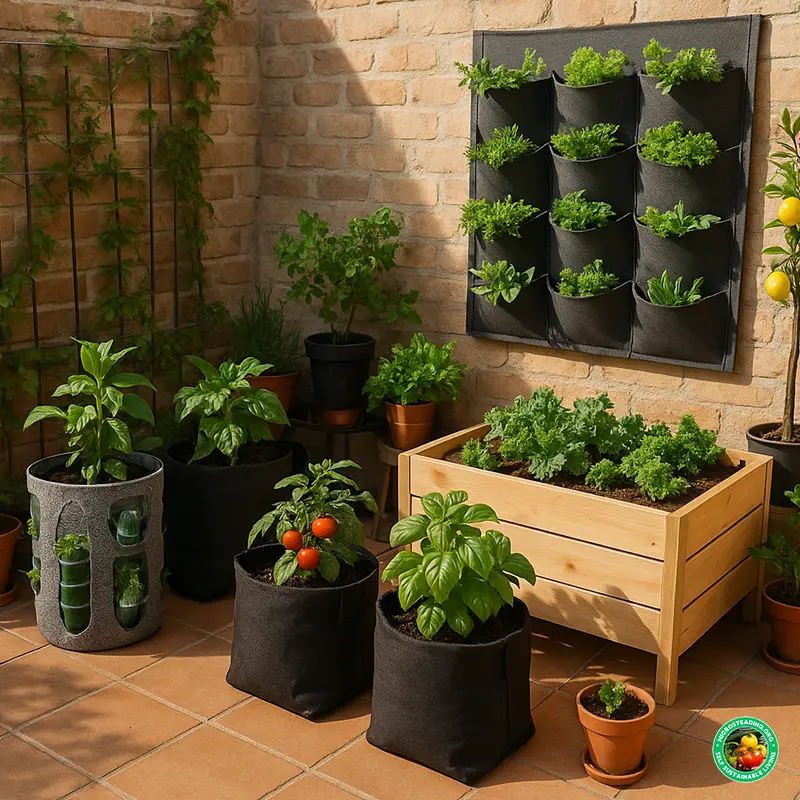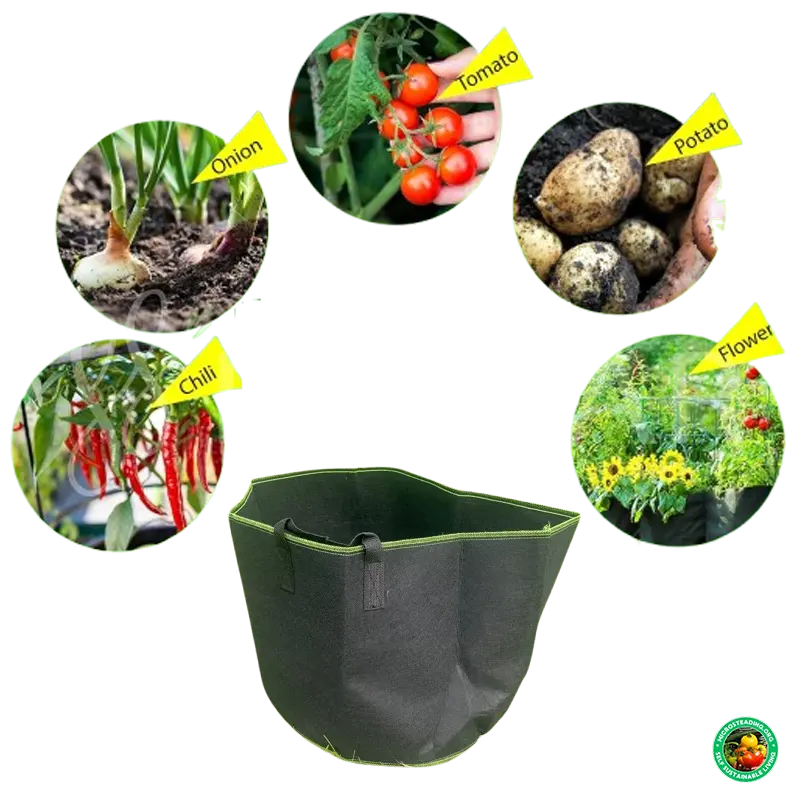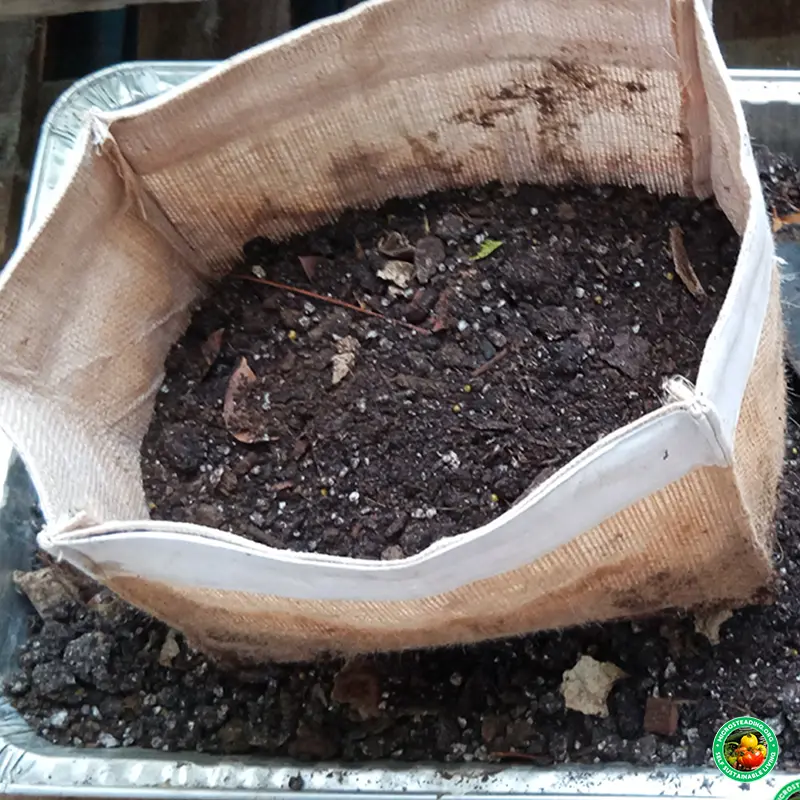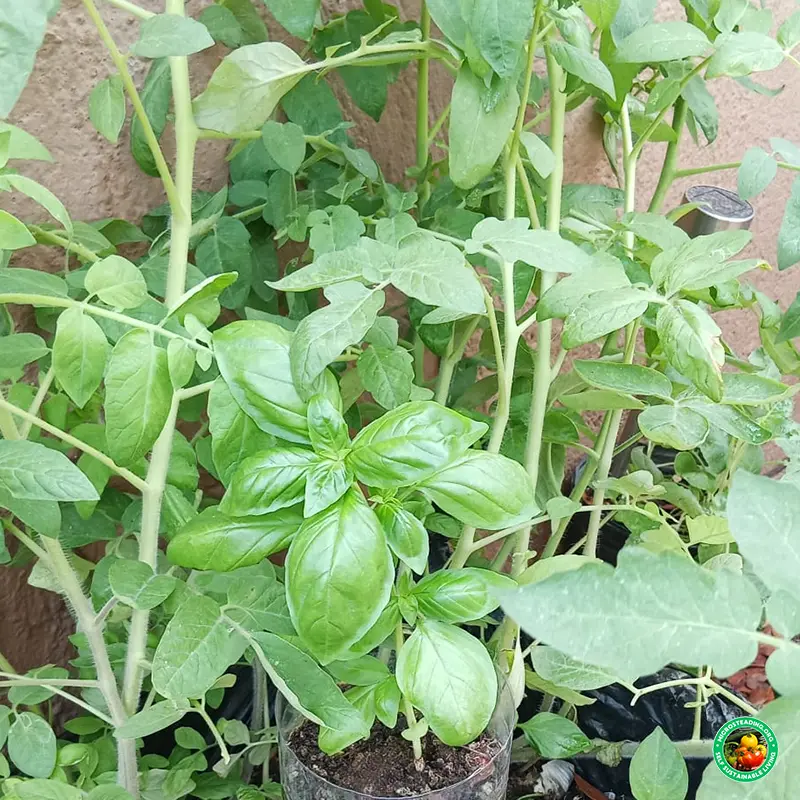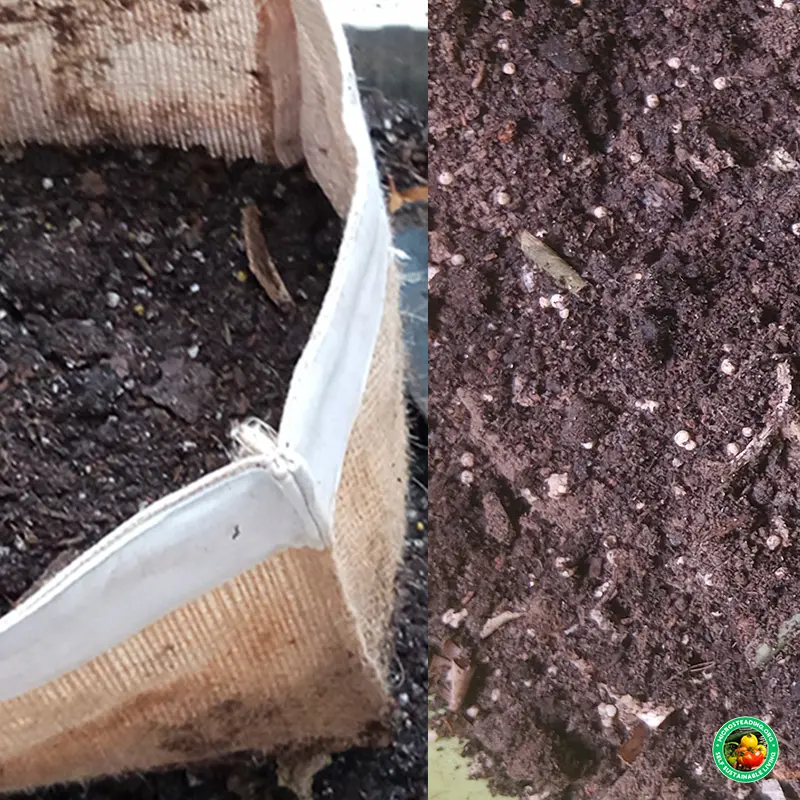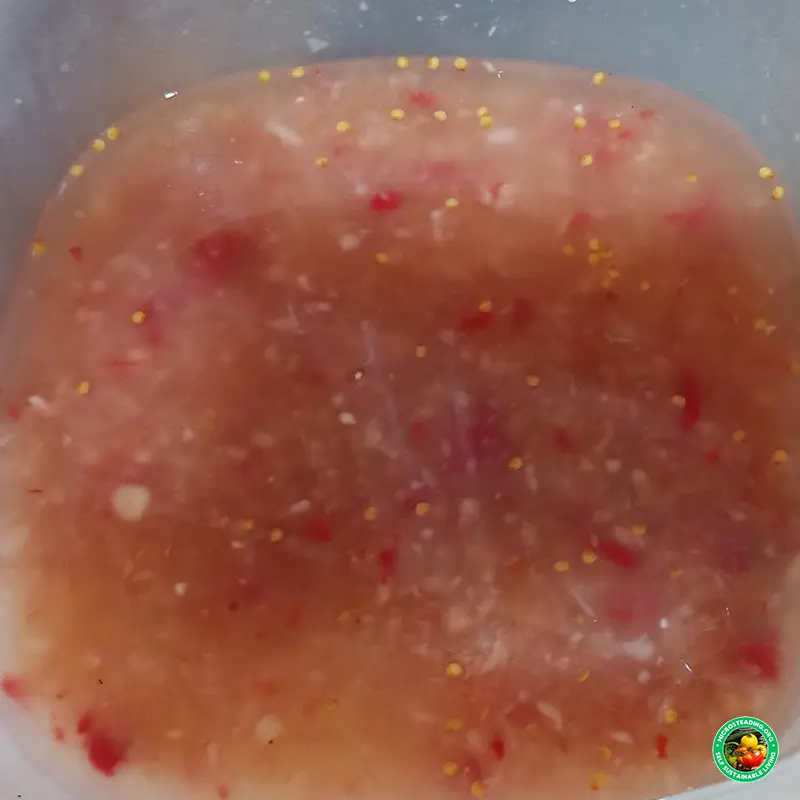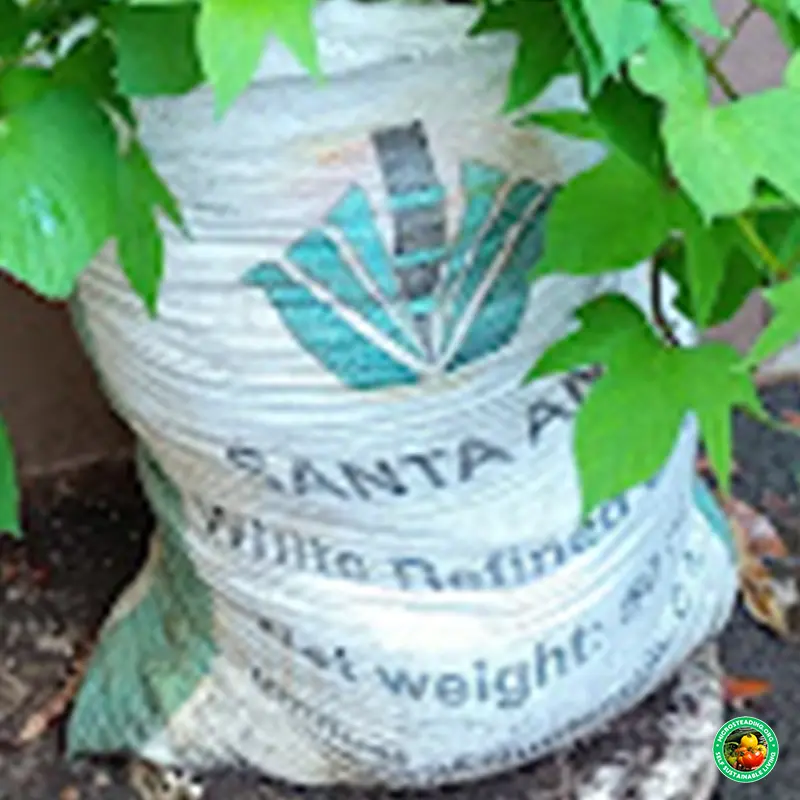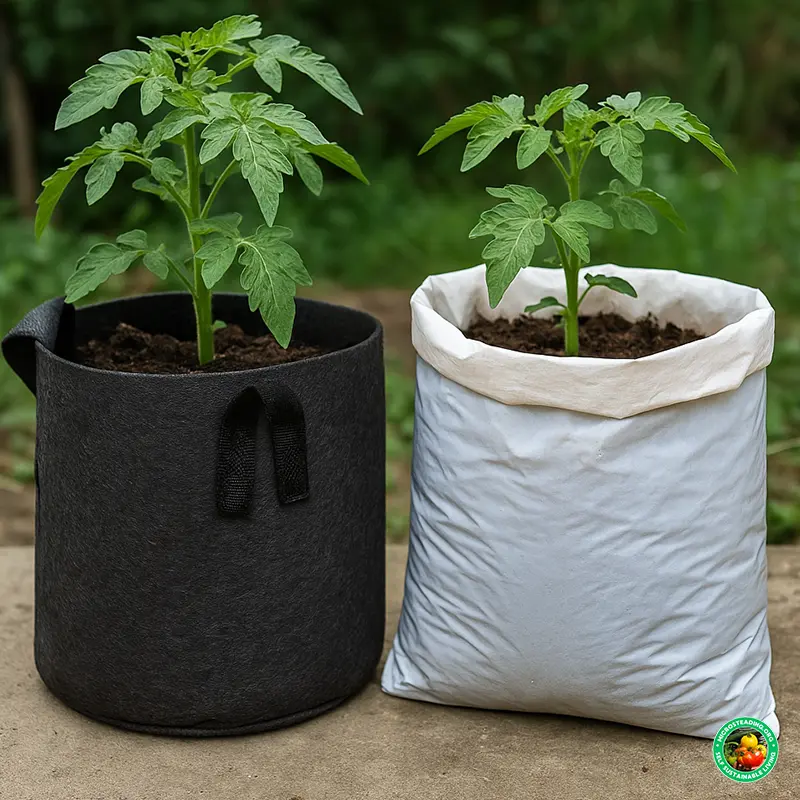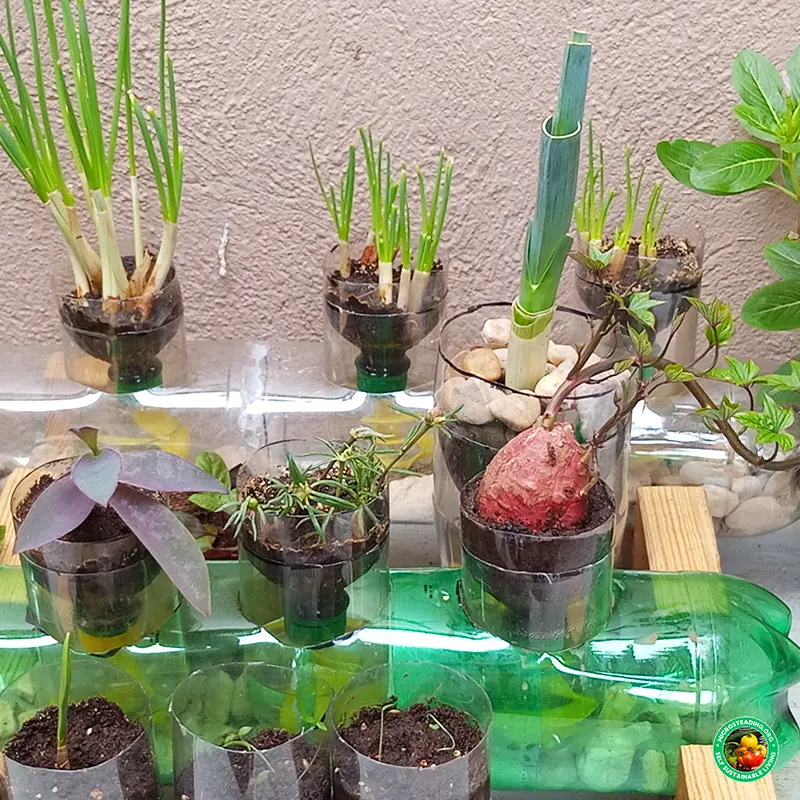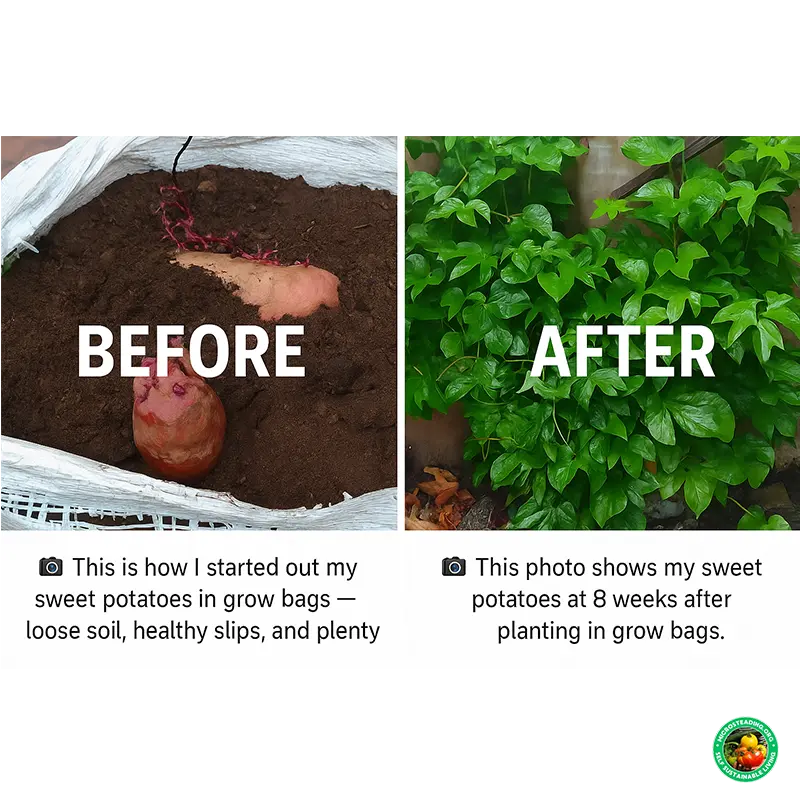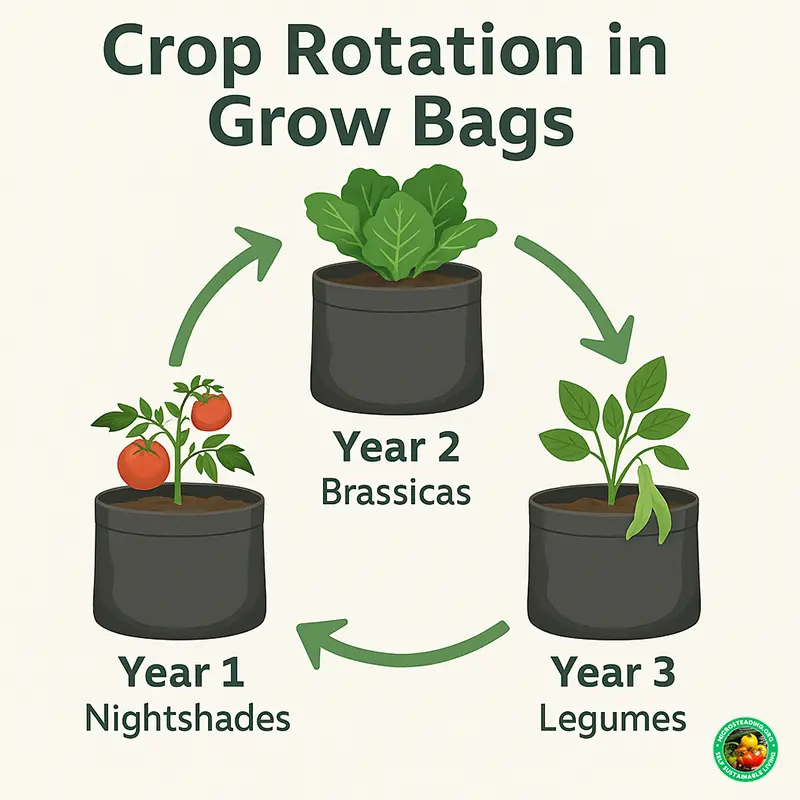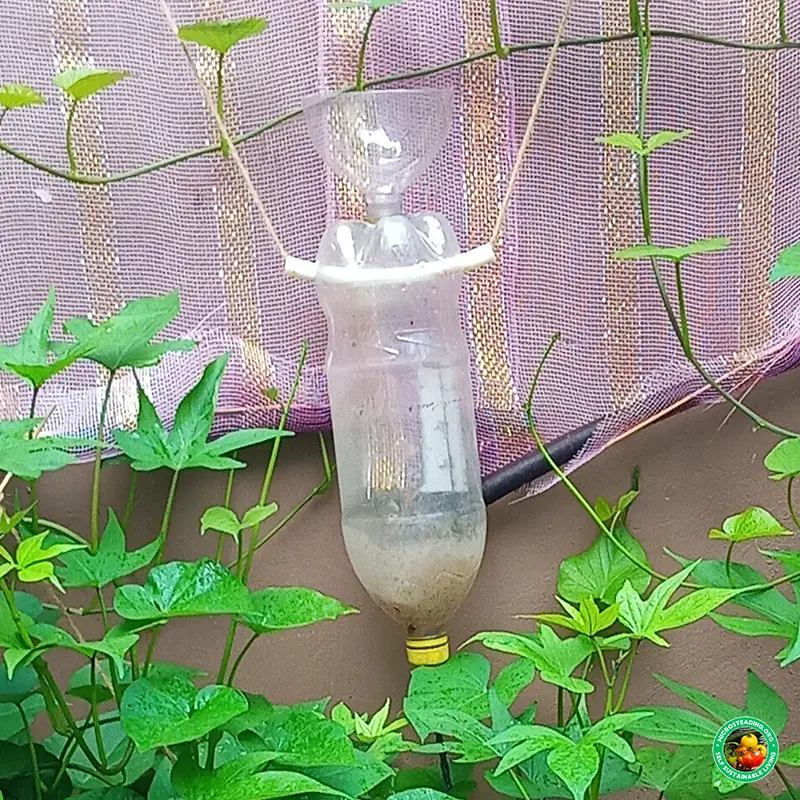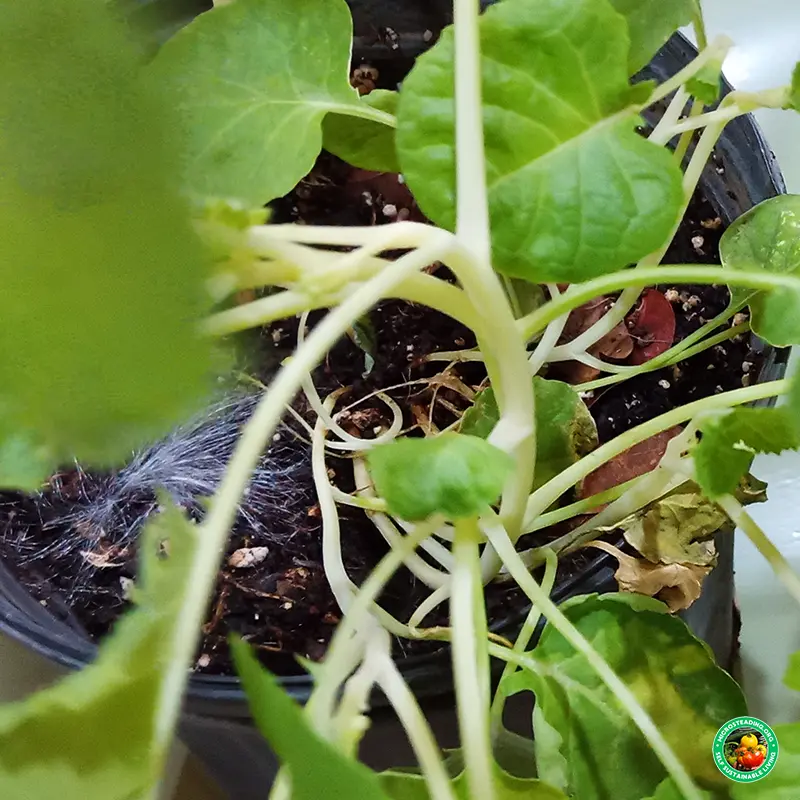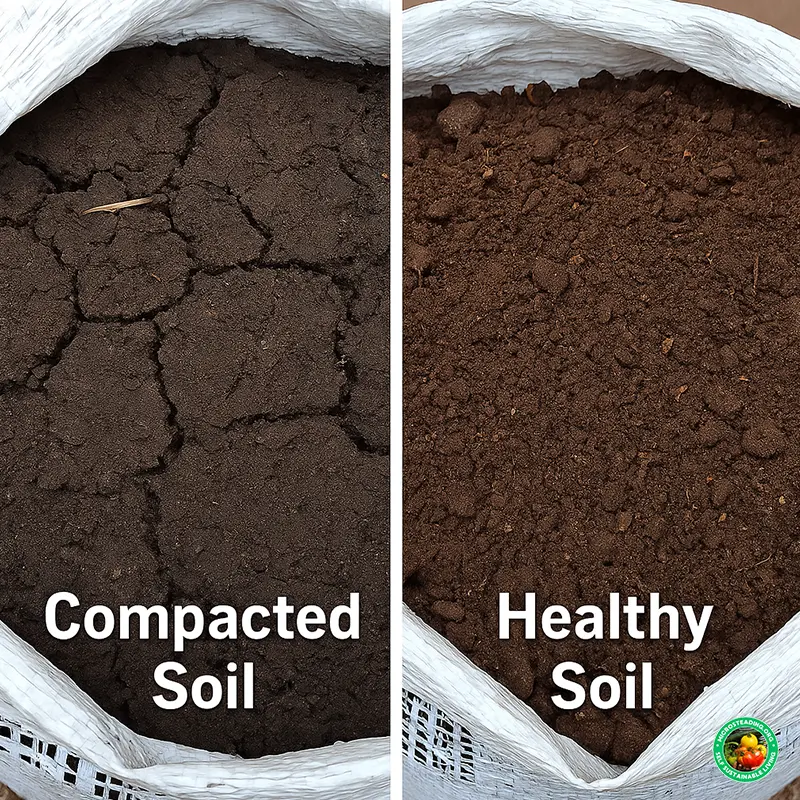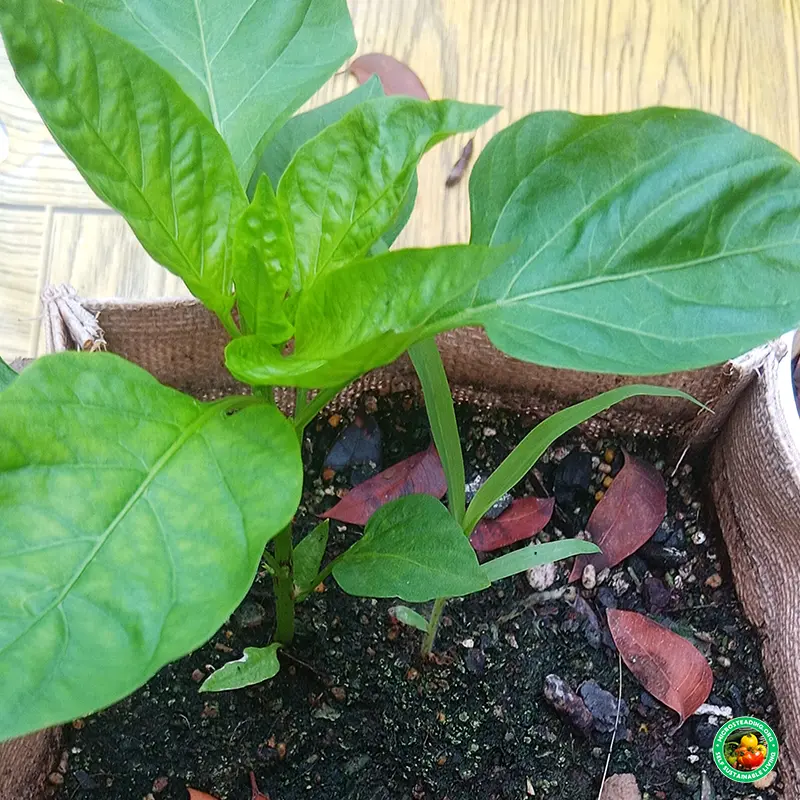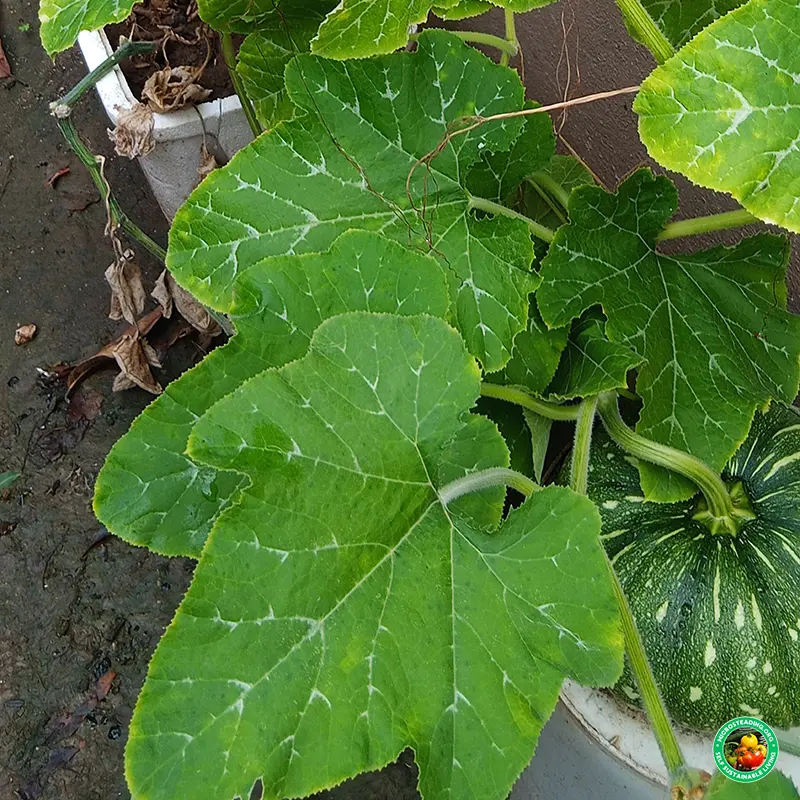Best Soil Mixes for Grow Bags - Recipes for Every Crop
Choosing the right soil mix is the difference between stunted growth and a thriving harvest when using grow bags. These lightweight containers drain faster than traditional pots, so your mix must retain enough moisture while still providing air to the roots. It’s also essential to match the soil blend to what you’re growing—leafy greens, root vegetables, and fruiting crops each have different needs.
Let’s break down the top ingredients and then dive into specific mix recipes for common crops.
Key Ingredients for Grow Bag Soil Mixes
- Coco Coir or Peat Moss: These serve as the base of most mixes. Coco coir is sustainable and neutral in pH, while peat moss retains more moisture but can be acidic.
- Perlite or Pumice: For improved drainage and aeration. Helps prevent root rot in confined grow bags.
- Compost: Supplies slow-release nutrients and beneficial microbes. Homemade or high-quality bagged compost works great.
- Vermiculite: Optional, but helpful in retaining moisture and balancing fast-draining mixes.
- Worm Castings: Excellent for nutrient density and microbial life, especially for fruiting crops.
-
Slow-Release Organic Fertilizer: A must for long-season vegetables or heavy feeders.
General All-Purpose Grow Bag Mix
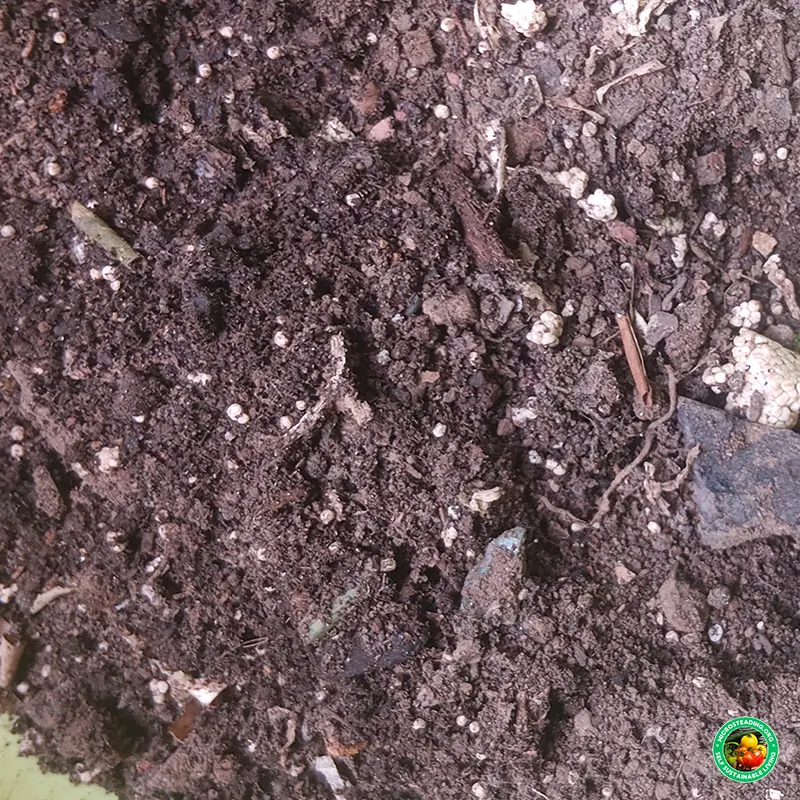
Use this for mixed plantings or if you're unsure what to grow:
- 40% coco coir or peat moss
- 30% compost
- 20% perlite
- 10% vermiculite or worm castings
Tomato Soil Mix for Grow Bags
Tomatoes are heavy feeders that need calcium and plenty of nutrition:
- 40% coco coir
- 30% compost
- 20% perlite
- 5% worm castings
- 5% crushed eggshells or garden lime
Add a handful of organic tomato fertilizer and refresh mid-season with compost tea or top-dressing.
Leafy Greens Mix (Lettuce, Spinach, Kale)
These crops prefer moist, fertile soil with less drainage than tomatoes:
- 50% peat moss or coco coir
- 25% compost
- 15% vermiculite
- 10% perlite
Add a balanced organic fertilizer once per month.
Root Vegetable Soil Mix (Carrots, Radishes, Beets)
Root crops need loose, rock-free soil to form properly:
- 40% screened compost
- 40% coco coir
- 20% perlite
Avoid overly rich mixes that promote top growth at the expense of roots. Add a pinch of bone meal before planting.
Peppers and Eggplants Mix
Similar to tomatoes but prefer slightly lighter soil:
- 40% coco coir
- 30% compost
- 20% perlite
- 5% worm castings
- 5% wood ash or kelp meal (for potassium)
Ensure consistent feeding and avoid letting bags dry out completely.
Herb Mix (Basil, Parsley, Cilantro)
Herbs need less fertility but still appreciate a loose, airy soil:
- 40% peat moss or coir
- 30% compost
- 20% perlite
- 10% worm castings
Basil prefers richer soil, while Mediterranean herbs like thyme or oregano do better in a drier, sandier mix.
Soil Refresh Tips
After each season, empty your grow bags and amend the mix before reusing:
- Add 25–50% fresh compost
- Top up with a bit of coco coir or peat
- Rebalance nutrients with organic fertilizer
To reduce pest and disease buildup, avoid reusing soil for the same crop type for more than two seasons in a row.
Link to Our Soil Mix Calculator
Are you unsure how much of each ingredient to use? Try our free Soil Mix Calculator to get the exact measurements based on your grow bag size and crop type.


